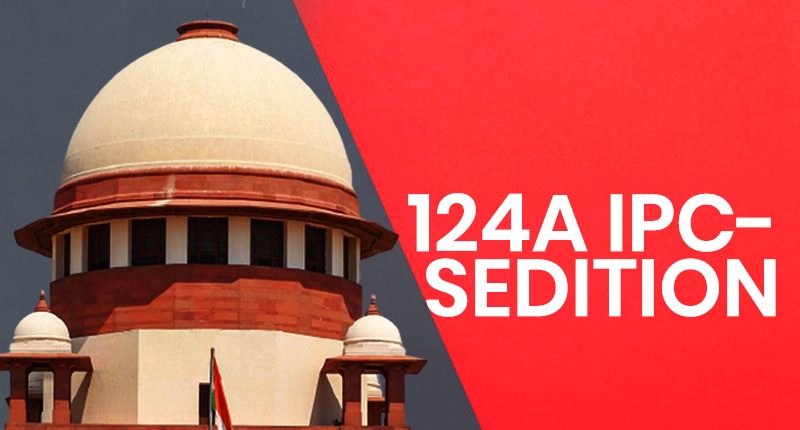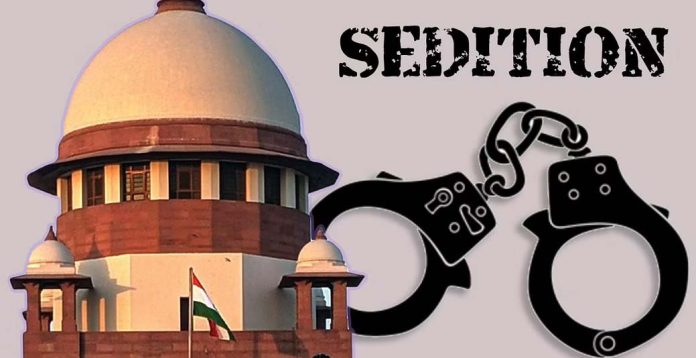- Time and again I have exhorted the imperativeness of completely repealing the anachronistic sedition law which should not find a place in any society, especially an aspirational one like India. Every concerned stakeholder like intelligentsia, evolved personalities, civil society activists, academicians, intellectuals, NGOs, and the ilk have vociferously argued to repeal the sedition law under IPC Section 124A. As you are aware, the matter is in the Supreme Court for due consideration courtesy of several petitions. Mind you, there’s never been a better moment than now for consigning to history a law that goes back to the 19th century and that free India should have never had on its statutes for so long.

PC: Srishti Ojha
- The issue that has generated a lot of heat over the last few months in the country is a well-known fact. Upon prodding from the Supreme Court, the Government of India is veering towards a view that sedition law provisions need re-examination. On its part, the Apex Court has strongly restrained all authorities from filing cases under IPC Section 124A till the review is complete. Further, the court has also rightly asked that bail be expedited for those already charged under these provisions. It is also pertinent to note that no less than Prime Minister Narendra Modi has added considerable weight of his personality and office to these efforts. However, all of this will amount to little if the review ends in merely reforming the law. The sedition provisions must go.
- Make no mistake, a sedition law in any form is an ever-present threat to civil liberties, an invitation to authorities to misuse it, and a perfect opportunity for politicians in office to settle scores. Therefore, no matter how finely grained a review is, and however sincere the intent of both SC and the Government of India to guard against misuse of a reformed law, there’s little doubt it will be misused. Of course, the problem lies in the dangerously vague concept of sedition. State and local authorities will always find a way to use it as a blunt instrument. And local courts, as is well-established, very rarely question FIRs based on such laws. Remember that quite a few attempts were made to fine-tune the law to prevent its brute-force application.

PC: LAWNN
- Note that colonial-era words like hatred, contempt, disaffection, intention, and tendency to cause public disorder or endanger the security of the state are still present in sedition law provisions lending themselves to broad and subjective interpretations, read as large misrepresentations. Such subjectivity simply cannot be removed by tweaking the law. Sadly, slogans and now tweets as well as chants are seen as enough for slapping a sedition case. Thus, the process underway now must end in erasing this blot on India’s democracy. Such subjectivity simply cannot be removed by tweaking the law. Assuming the sedition law is repealed, watch out for the equally draconian UAPA which will be used as a tool for repression and harassment.






